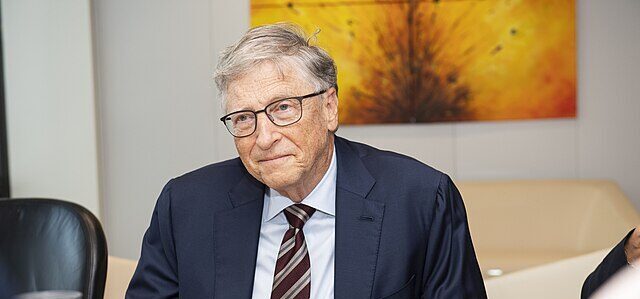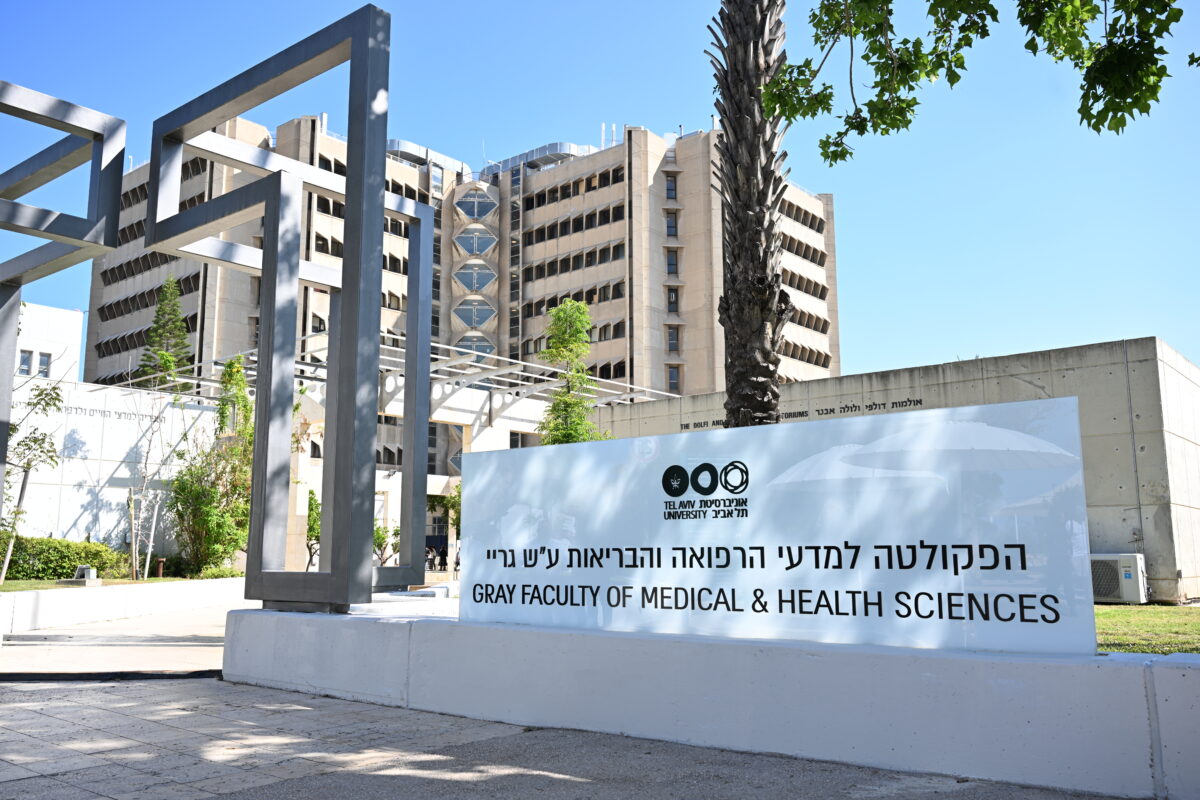As a Jewish educator for the last 28 years, Debra Green often finds herself advising on mental health concerns. But with no professional mental health training, Green has long yearned to deepen her knowledge in the field. She was recently able to do so alongside 45 women from around North America through an Orthodox Union Women’s Initiative-led program.
“I call myself a closet therapist,” Green, a Judaic studies teacher and 12th grade advisor at Stella K. Abraham High School for Girls in Far Rockaway, Queens, told eJewishPhilanthropy. “I mostly deal with teenage girls and I’ve always wanted more knowledge about mental health,” said Green, who also leads kallah classes for brides-to-be and volunteers for the Ani Ledodi Helpline, which deals with women’s intimacy issues. “So when I saw this program, I thought ‘that’s perfect.’”
The program, called “Foundations of Community Mental Health Support,” is now in its second year. The fellowship was founded in 2022 as mental health issues were exacerbated in the wake of the COVID-19 pandemic.
The 2023 cohort began in April with eight weeks of weekly two-hour Zoom sessions.
Fellowship participants each received a $750 stipend. The first hour of each session, Green told eJP, was listening to a mental health professional discuss various mental health topics. For the second portion, women were assigned to breakout rooms based on their field where “we got a chance to discuss problems we encounter both within the people we are helping and within our personal and family lives,” Green said.
In July, the participants, all Orthodox Jewish women, got a chance to meet in person after getting to know each other for two months only through Zoom. They gathered for a two-day conference at a hotel in Great Neck, on Long Island. Green said highlights of the conference included “hearing from big-name speakers like Debbie Fox, [a licensed social worker and founding director of L.A.’s Magen Yeladim Child Safety Institute.]
“Topics included an array of communal issues, including eating disorders,” Green said. Anxiety, depression, OCD, ADHD and trauma were also discussed, according to the OU.
“[Fox] led a mindfulness exercise at the start. At the end, we did the same exercise and a lot of us saw it so differently after we had two days of professional bonding, delicious food and a nice atmosphere,” Green recalled.
Participants are termed by the OU as “ROCKS,” which stands for Rebbetzin, Outreach, Chinuch and Kallah teacher, with each of the women working in at least one of those fields.
“This fellowship was designed for women who in their communities are first responders in a mental health space,” Adina Shmidman, a rebbetzin and psychologist in Bala Cynwyd, Pa., told eJP. Shmidman is OU Women’s Initiative director and launched the fellowship in 2022. “They’re very alone. The fellowship is a space of support and insight.”
“I see how important it is to ensure women in leadership roles are supported so they can support their communities,” Shmidman said.
Green said that a stigma around asking for mental health help is prevalent in the Orthodox community. She expressed hope that program participants are equipped to change this.
“Maybe people still won’t ask for help in a public way but people should know they have people they can go to to get help privately,” she said. “We are educating people that there is nothing wrong with getting help for a mental health issue. We are not trained to give them the help they need but we can guide them to finding the right professionals.”
Jessica Kalmar, a rebbetzin and professor of psychology who was a program facilitator and seminar presenter both in 2022 and 2023, noted the stigma as well. “While evidence that stigma is abating is limited, anecdotally we are aware of an increasing openness towards discussions of this most sensitive topic,” Kalmar said in a statement. “The OU Women’s Initiative seized on this developing zeitgeist, and is working in this space to build more awareness of the true experiences of those who suffer from mental illness, and to dispel mistaken beliefs that lead to stigmatization and shame.”
Green said she found it particularly beneficial that the program addressed the taxing impact that helping others can have on the caregiver.
“Not only did we have time to hear from presenters about mental health issues we encounter at the forefront of our communities, but we had time to decompress and discuss issues we have as women who are taking on the needs of our communities,” she said. “When you deal with people you tend to want to help them as much as you can but that can come at the expense of taking care of yourself and your family.”
“The OU made us feel that what we are doing as women giving to women in our community, it makes us the foundation,” Green concluded. “It made us feel important, respected and valued. Also when you see you are part of a greater whole it makes you feel elevated.”
Credit:Source link



